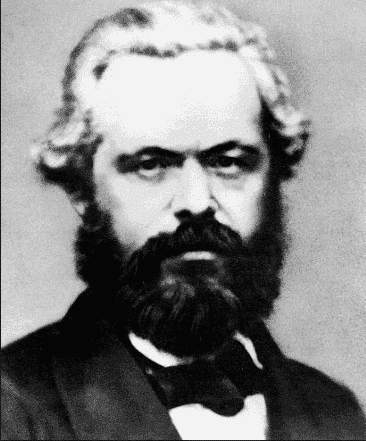
On 24 August 1857 the Ohio State Life and Trust Company failed. Within months over 1400 banks had collapsed across America and the shockwave spread outwards to Liverpool and London. By the end of the year it had reached continental Europe, Latin America, South Africa, Australia and Asia. In London, where the suspension of the Banking Act of 1844 had freed the Bank of England to take whatever emergency action was necessary, an obscure German exile was fired into intellectual action. He set himself to diagnosing a new phenomenon, a global economic crisis. Over the previous millennium the world had been swept by religious movements, political upheavals, plagues and famines. 1857 was the first worldwide convulsion in the system of production, credit and exchange. From the efforts of this lonely scholar, known then only to a narrow circle, would emerge an intellectual tradition that would find its place alongside that of Darwin as one of the great legacies of the Victorian age. It would inspire a political movement that spanned the world.

Karl Marx was born 200 years ago on 5 May 1818 in the ancient Palatinate bishopric of Trier to a converted Jewish family. Growing up in the shadow of the French Revolution, religion and monarchy were the first targets of his youthful radicalism. But, in the 1840s, as industry spread across Europe, Marx took a further radical turn. Reading Frederick Engels’s reportage on the Condition of the Working-Class in England, Marx glimpsed a new reality. He did not use the term capitalism — that would be later coined by his students — but there was no denying the massive dynamic resulting from the combination of competitive capital accumulation and technological change. As Sven-Eric Liedman shows in his landmark anniversary biography, A World to Win, the quest to understand contemporary reality by way of the forces of production, class relations, and the structures of politics, law and culture built on them would occupy Marx for the rest of his life. As Liedman shows, from the 1840s, these were the threads that Marx followed into “the labyrinths of the age he lived in”.
Read the rest of my review of Liedman’s book in the FT here.
Will be discussing Marx and his biography with Sven-Eric and Clara Mattei at the Verso Marx birthday bash in Brooklyn on Saturday 5 May. Should be fun!
